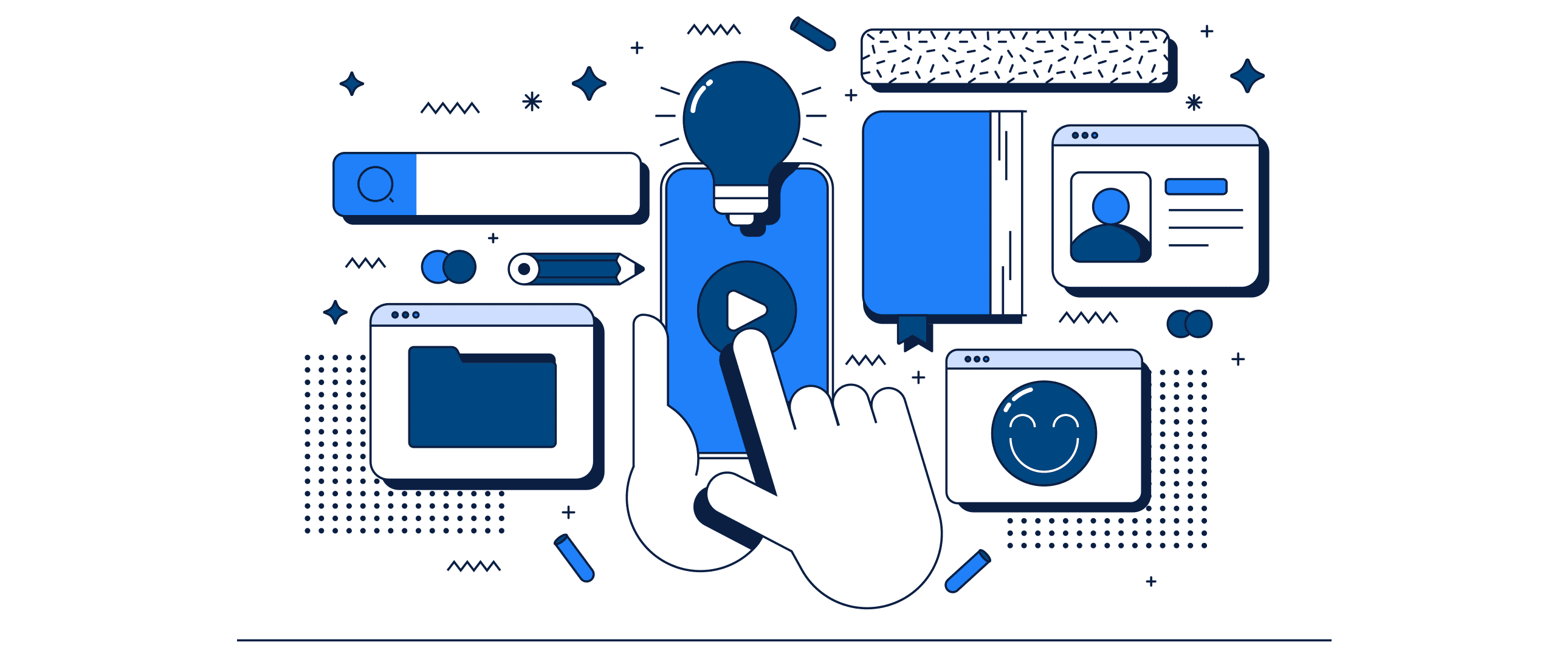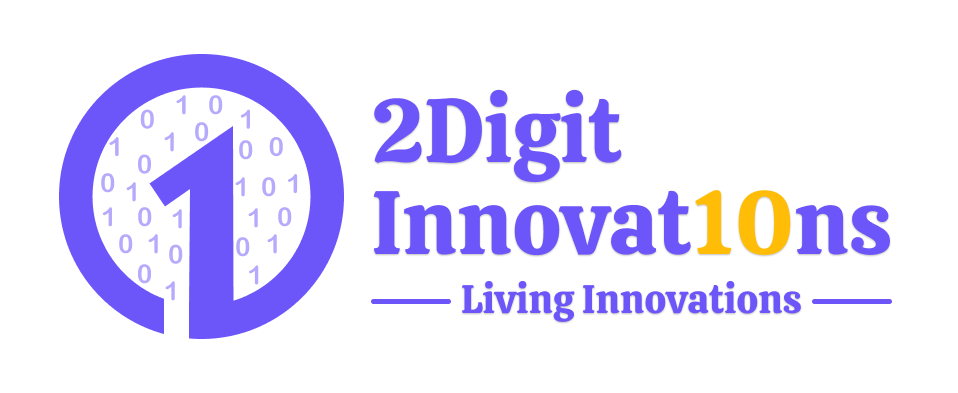
Challenges in App Development That You May Not Have Noticed.
23 Apr 24
Challenges in App Development That You May Not Have Noticed.
Developing a mobile application is an exciting journey filled with creativity, innovation, and problem-solving. However, amidst the thrill of bringing your app idea to life, there are several challenges that developers often encounter. In this comprehensive guide, we'll delve into some of the lesser-known challenges in app development that you may not have noticed. Table of Contents Sr Headings 1. Introduction 2. Compatibility Issues 3. User Interface Design Challenges 4. Performance Optimization 5. Security Concerns 6. Backend Integration 7. Testing and Quality Assurance 8. App Store Approval Process 9. User Engagement and Retention 10. Conclusion 11. FAQs ## Introduction Mobile app development is a complex process that involves various stages, from conceptualization to deployment. While some challenges may be obvious, others can go unnoticed until you encounter them during development. Let's explore some of these challenges in detail. ## 1. Compatibility Issues One of the significant challenges in app development is ensuring compatibility across different devices, screen sizes, and operating systems. Your app should deliver a seamless user experience regardless of the device or platform it's accessed on. ### Subheading: Operating System Fragmentation With multiple versions of iOS and Android in use, developers must ensure their app is compatible with various OS versions to reach a broader audience. ## 2. User Interface Design Challenges Designing an intuitive and visually appealing user interface (UI) is crucial for the success of your app. However, creating a UI that meets user expectations while maintaining consistency across platforms can be challenging. ### Subheading: Responsive Design Developing a responsive design that adapts to different screen sizes and orientations without sacrificing usability can be a daunting task. ## 3. Performance Optimization Optimizing app performance is essential to provide users with a smooth and responsive experience. However, factors such as resource-intensive features, network connectivity, and device specifications can impact performance. ### Subheading: Battery Consumption High battery consumption can lead to negative user experiences and impact app retention. Optimizing resource usage and minimizing background processes can help mitigate this challenge. ## 4. Security Concerns Security is a top priority in app development, as mobile apps often handle sensitive user data. Protecting user privacy and safeguarding against potential threats such as data breaches and malware attacks is paramount. ### Subheading: Data Encryption Implementing robust data encryption protocols to protect user data both in transit and at rest is critical for ensuring the security of your app. ## 5. Backend Integration Integrating the frontend of your app with the backend infrastructure is essential for enabling dynamic functionality and data storage. However, coordinating frontend and backend development teams and ensuring seamless integration can be challenging. ### Subheading: API Dependencies Dependence on third-party APIs for backend services introduces potential points of failure and requires careful management to maintain app functionality. ## 6. Testing and Quality Assurance Thorough testing and quality assurance are essential to identify and address bugs, errors, and usability issues before releasing your app to the public. However, comprehensive testing can be time-consuming and resource-intensive. ### Subheading: Device Fragmentation Testing Testing your app across a wide range of devices, operating systems, and network conditions to ensure compatibility and performance can be challenging. ## 7. App Store Approval Process Publishing your app to app stores requires compliance with strict guidelines and approval processes. Ensuring your app meets the requirements of app stores such as Apple App Store and Google Play Store can be a time-consuming process. ### Subheading: Review Guidelines Understanding and adhering to app store review guidelines to avoid rejection and ensure a smooth approval process is crucial for successful app deployment. ## 8. User Engagement and Retention Once your app is launched, maintaining user engagement and retention is essential for long-term success. However, keeping users engaged and coming back to your app can be challenging in a competitive app market. ### Subheading: Push Notifications Implementing effective push notification strategies to re-engage users and drive retention without being intrusive requires careful planning and execution. ## Conclusion While app development offers immense opportunities for innovation and creativity, it also presents several challenges that developers must navigate. By understanding and addressing these challenges proactively, you can increase the chances of success for your app in an ever-evolving digital landscape. ## FAQs ### How long does it take to develop a mobile app? The time required to develop a mobile app varies depending on factors such as complexity, features, platform, and team size. Simple apps can be developed in a few weeks, while more complex projects may take several months or even years to complete. ### What are the essential features of a successful mobile app? Essential features of a successful mobile app include intuitive user interface, smooth performance, robust security measures, seamless backend integration, and effective user engagement strategies. ### How can I monetize my mobile app? There are various monetization strategies for mobile apps, including in-app purchases, subscriptions, advertising, sponsorship, and freemium models. Choose a monetization strategy that aligns with your app's target audience and value proposition. ### What are the common reasons for app rejection from app stores? Common reasons for app rejection include violations of app store guidelines, poor user experience, technical issues, copyright infringement, and security vulnerabilities. Thoroughly review app store guidelines and ensure compliance before submitting your app for review. ### How can I improve user engagement and retention for my mobile app? To improve user engagement and retention, focus on delivering value to users through regular updates, personalized experiences, push notifications, social media integration, gamification, loyalty programs, and responsive customer support. Analyze user feedback and behavior to optimize your app for user satisfaction and retention.


CALL
Ready to Work Together In New Projects ?
Services
App Development
Web App Development
Digital Marketing
UI And UX Designing
Custom Mobile And Web Development
Free Tools
Quick Links
Our Apps
Find us on Clutch
Privacy & Policy
Shipping & Delivery Policy
Return & Refund Policy
Terms & Condition
FAQs
Legal
Contact
Hyde Park Crown First Floor, FF-14-21 Plot No GH-03 Sector-78, Noida, Uttar Pradesh 201306
info@2digitinnovations.com
+91 7814042409
